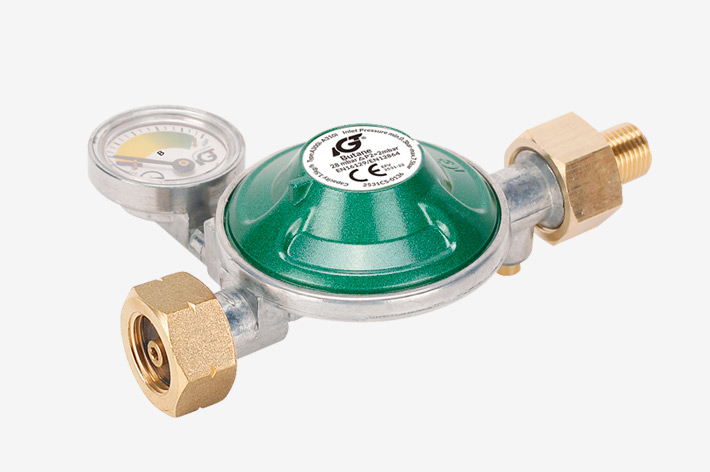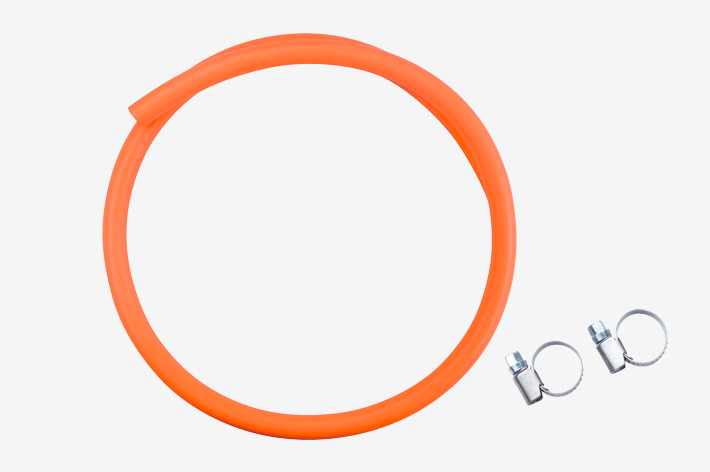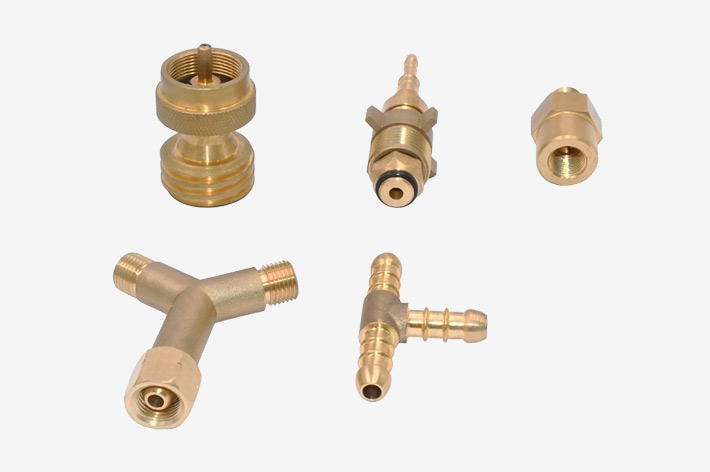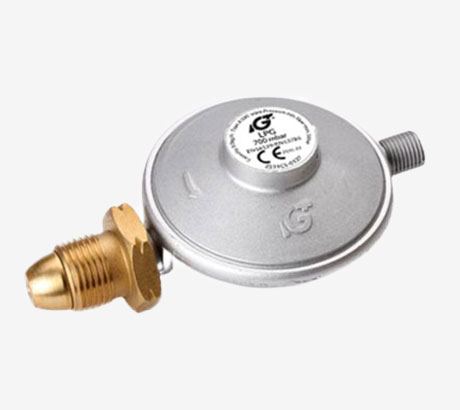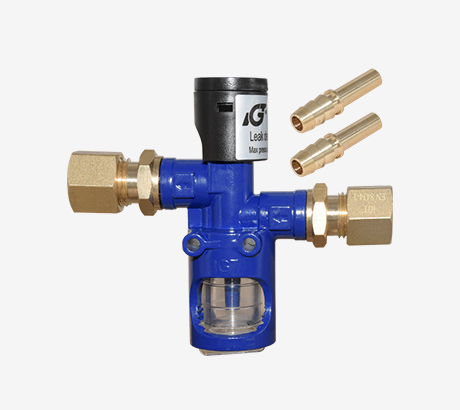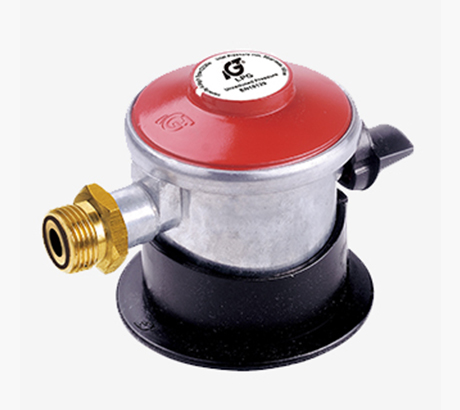Gas regulator connectors play a crucial role in ensuring the safe and efficient flow of gases from a gas cylinder to various appliances. Whether it's for residential use or commercial applications, choosing the right gas regulator connector is essential. In this blog, we will explore the different types of gas regulator connectors, with a special emphasis on connectors for BBQ (barbecue) applications.
Understanding Gas Regulator Connector Types
Gas regulator connector comes in various types and configurations, each designed to suit specific applications and gas types. Some common types of gas regulator connectors include:
Threaded Connectors: These connectors are designed with threaded fittings that screw onto the gas cylinder's outlet valve. They are easy to install and secure, making them suitable for various applications.
Quick-Connect Couplings: Quick-connect connectors provide a fast and secure way to attach and detach gas hoses without the need for threading. They are commonly used in scenarios where frequent hose changes are necessary.
Bayonet Connectors: Bayonet connectors feature a bayonet-style locking mechanism, offering a secure connection between the gas regulator and the appliance. They are often used in household applications.
Push-On Connectors: Push-on connectors are designed for easy installation by simply pushing the connector onto the gas outlet valve. They are commonly used in applications like propane grills and stoves.
Pigtail Connectors: Pigtail connectors are flexible hoses with connectors on both ends. They are used to connect the gas cylinder to the regulator and the regulator to the appliance. These connectors are commonly used in RVs and trailers.
Gas Regulator Connectors for BBQ: Safety and Efficiency
When it comes to BBQ applications, selecting the right gas regulator connector for the outdoor gas regulator is essential to ensure both safety and efficient operation. Gas connectors for BBQs typically involve propane or natural gas, and the choice of connector depends on factors like the type of gas, the appliance, and the user's preferences. Here are the main gas BBQ connector types:
Propane Gas Connectors: Propane is a popular choice for outdoor grilling due to its portability and convenience. Gas regulator connectors for propane grills often use threaded or quick-connect fittings. These connectors are designed to handle the higher pressures associated with propane gas cylinders.
Natural Gas Connectors: Natural gas connectors are designed for BBQs that are connected to a household natural gas line. These connectors are often permanent installations with threaded or bayonet-style fittings. It's important to ensure proper installation by a professional when connecting to a natural gas line.
Dual-Fuel Connectors: Some BBQs are designed to be dual-fuel, allowing users to switch between propane and natural gas. Dual-fuel connectors provide the flexibility to use either fuel source, making them ideal for those who want versatility in their outdoor cooking.
Safety Considerations
Regardless of the type of gas regulator connector you choose, safety should always be a top priority. Here are a few safety tips to keep in mind:
Regular Inspections: Inspect rubber flexible gas hose and connectors for signs of wear, damage, or leaks regularly. Replace any damaged components immediately.
Secure Connections: Ensure that gas regulator connectors are properly secured and tightened to prevent gas leaks.
Ventilation: When using gas-powered appliances, make sure there is proper ventilation in the grilling area to prevent the buildup of gas fumes.
Professional Installation: If connecting to a natural gas line, consult a professional for proper installation to ensure safety and compliance with local regulations.
Gas regulator connectors are vital components that facilitate the safe and efficient flow of gases to various appliances, including BBQs. Choosing the right connector type based on the application and gas source is essential to ensure both safety and performance. Whether you're grilling with propane or natural gas, understanding the available connector options and following safety guidelines will help you enjoy your outdoor cooking experience with peace of mind.

 中文
中文 
